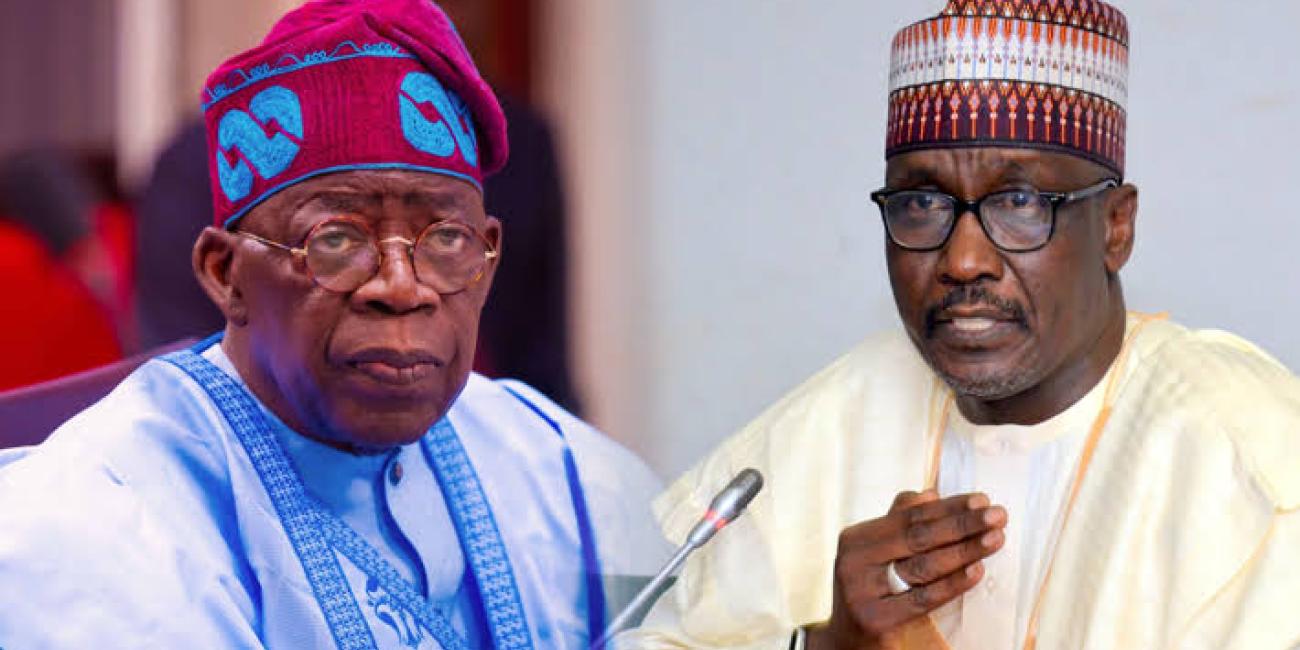In a dramatic move that signals a bold shift in Nigeria’s oil and gas sector, President Bola Tinubu has dissolved the board of the Nigerian National Petroleum Company Limited (NNPCL), removing Chief Pius Akinyelure as chairman and Mele Kyari as Group Chief Executive Officer. This sweeping overhaul also saw the dismissal of all board members appointed in November 2023.
THE NEW FACES OF NIGERIA’S OIL GIANT
The newly constituted 11-member board will be led by Engineer Bashir Bayo Ojulari as Group CEO, with Ahmadu Musa Kida stepping in as non-executive chairman. Adedapo Segun, who took over as Chief Financial Officer last November, has also been appointed to the board.
Representing Nigeria’s six geopolitical zones as non-executive directors are:
- Bello Rabiu (North West)
- Yusuf Usman (North East)
- Babs Omotowa (North Central, former MD of NLNG)
- Austin Avuru (South-South)
- David Ige (South West)
- Henry Obih (South East)
Additionally, Mrs. Lydia Shehu Jafiya, Permanent Secretary of the Federal Ministry of Finance, will represent the ministry, while Aminu Said Ahmed will stand for the Ministry of Petroleum Resources.
TINUBU’S VISION: AN OIL SECTOR REBIRTH
According to Presidential spokesman Bayo Onanuga, Tinubu invoked his powers under Section 59(2) of the Petroleum Industry Act, 2021, emphasizing that this restructuring is aimed at:
✅ Enhancing operational efficiency
✅ Restoring investor confidence
✅ Boosting local content participation
✅ Driving economic growth
✅ Accelerating gas commercialization and diversification
With $17 billion in new oil and gas investments reported in 2023, Tinubu’s administration is now pushing for a more aggressive expansion, targeting:
- $30 billion in investments by 2027
- $60 billion by 2030
- Oil production increase to 2 million barrels per day (bpd) by 2027
- 3 million bpd by 2030
- Gas production boost to 8 billion cubic feet per day by 2027
- 10 billion cubic feet per day by 2030
Furthermore, NNPCL’s refining capacity is expected to reach 200,000 barrels per day by 2027 and 500,000 barrels per day by 2030, a crucial step in reducing Nigeria’s dependence on imported refined petroleum products.
STRATEGIC SHAKE-UP OR POLITICAL PLAY?
While the administration touts this shake-up as a necessary step for growth, critics are questioning the timing and the deeper political undertones. Was Mele Kyari’s removal purely a performance-based decision, or is this a calculated move to consolidate power within the oil sector?
One thing is certain: Tinubu’s oil sector reforms are far from over, and the stakes have never been higher. With global investors watching and Nigerians hoping for lower fuel prices, the new NNPCL board has a monumental task ahead. Will they deliver? Only time will tell.





